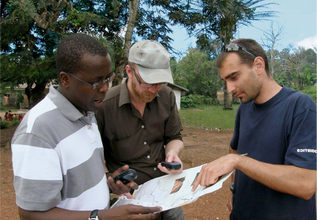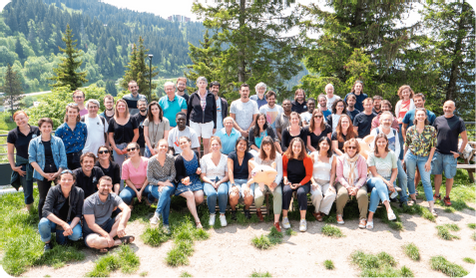Cartographie & gestion de données
Nous accompagnons vos équipes pour donner une autre dimension à vos projets !

Notre expertise
-
-
Cartographie, SIG et visualisation de données
-
Applications web
-
Stratégies de gestion de l’information
Nos services
-
Nous outillons les organisations
Diagnostic des besoins, développement d’outils, production de cartes, soutien opérationnel et stratégique.
Voir le détail -
Nous renforçons les compétences
Formations sur mesure, sur site ou à distance, mises en situation pratique,…
Voir le détail -
Nous appuyons le secteur
Mise à disposition et développement de ressources, ateliers et événements d’apprentissage, webinaires.
Voir le détail
Ils nous font confiance
Nous travaillons avec plus de 40 partenaires référents dans le domaine de l’humanitaire et du développement.
Nos dernières actualités
-
Nouvelle étude : « Au-delà des Chiffres : Concilier Innovation, Éthique et Impact »
CartONG est fière de présenter sa nouvelle étude « Au-delà des Chiffres : Concilier Innovation, Éthique et Impact – Panorama actualisé…
-
Nouvelle enquête sur les besoins en matière de gestion des données programmes
CartONG a lancé une nouvelle enquête pour mieux comprendre les besoins et les pratiques des organisations de la société civile…

Une association conviviale centrée sur l’humain
La collaboration avec nos partenaires et leur autonomie sont prioritaires pour nous !
Plus de 40 salariés, et plus de 60 bénévoles vous accompagnent dans la réalisation de vos projets.
